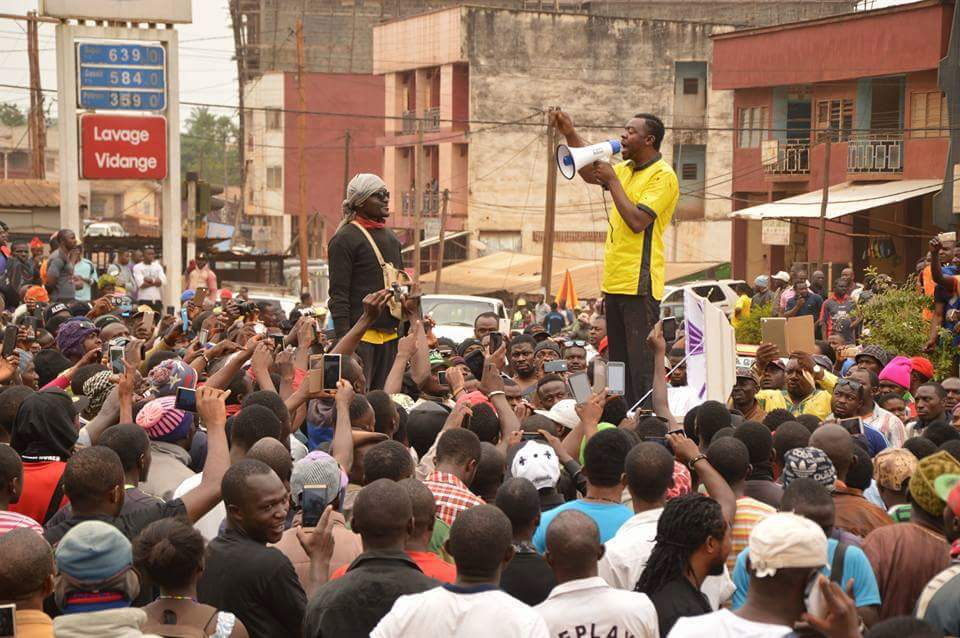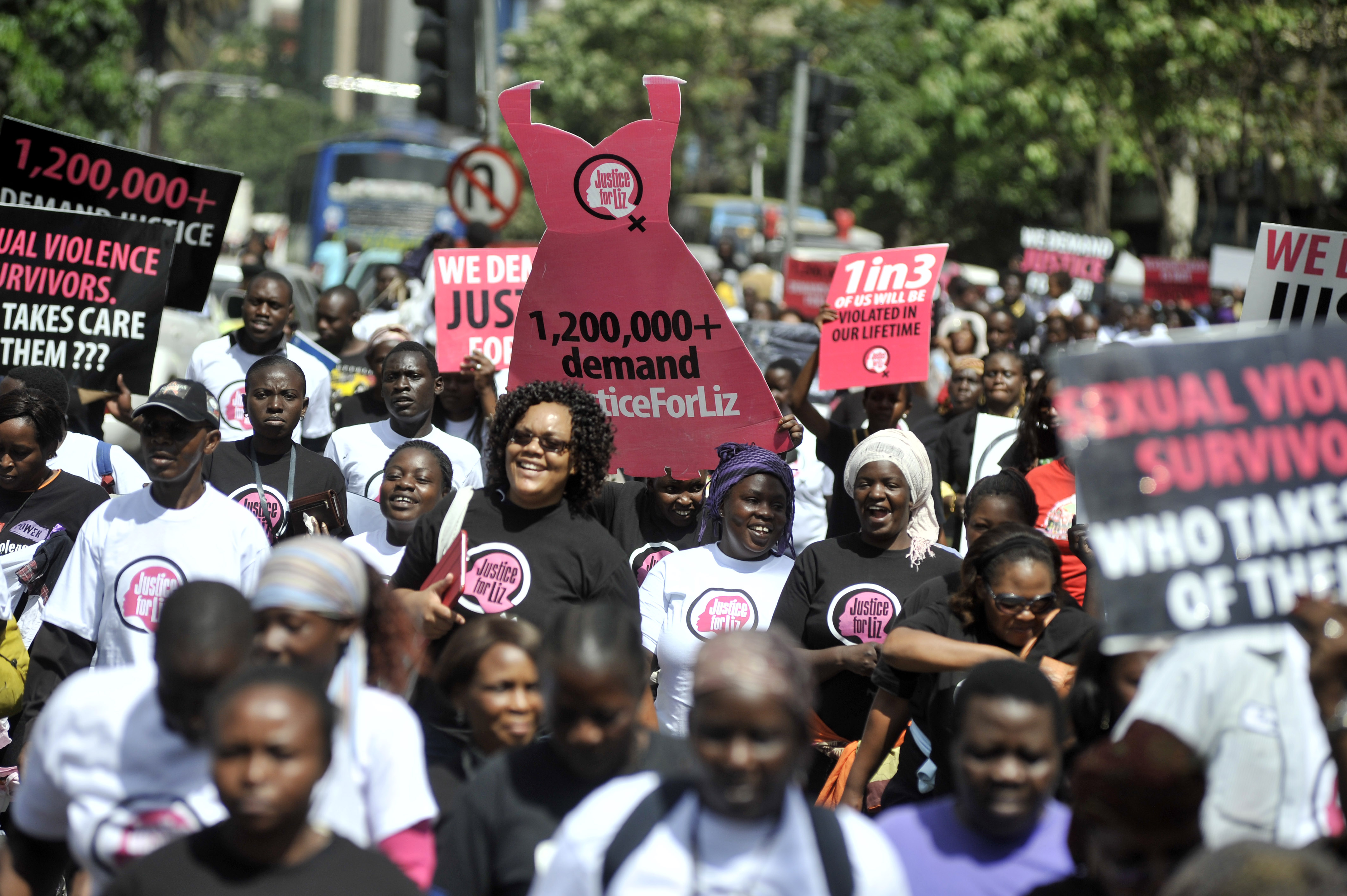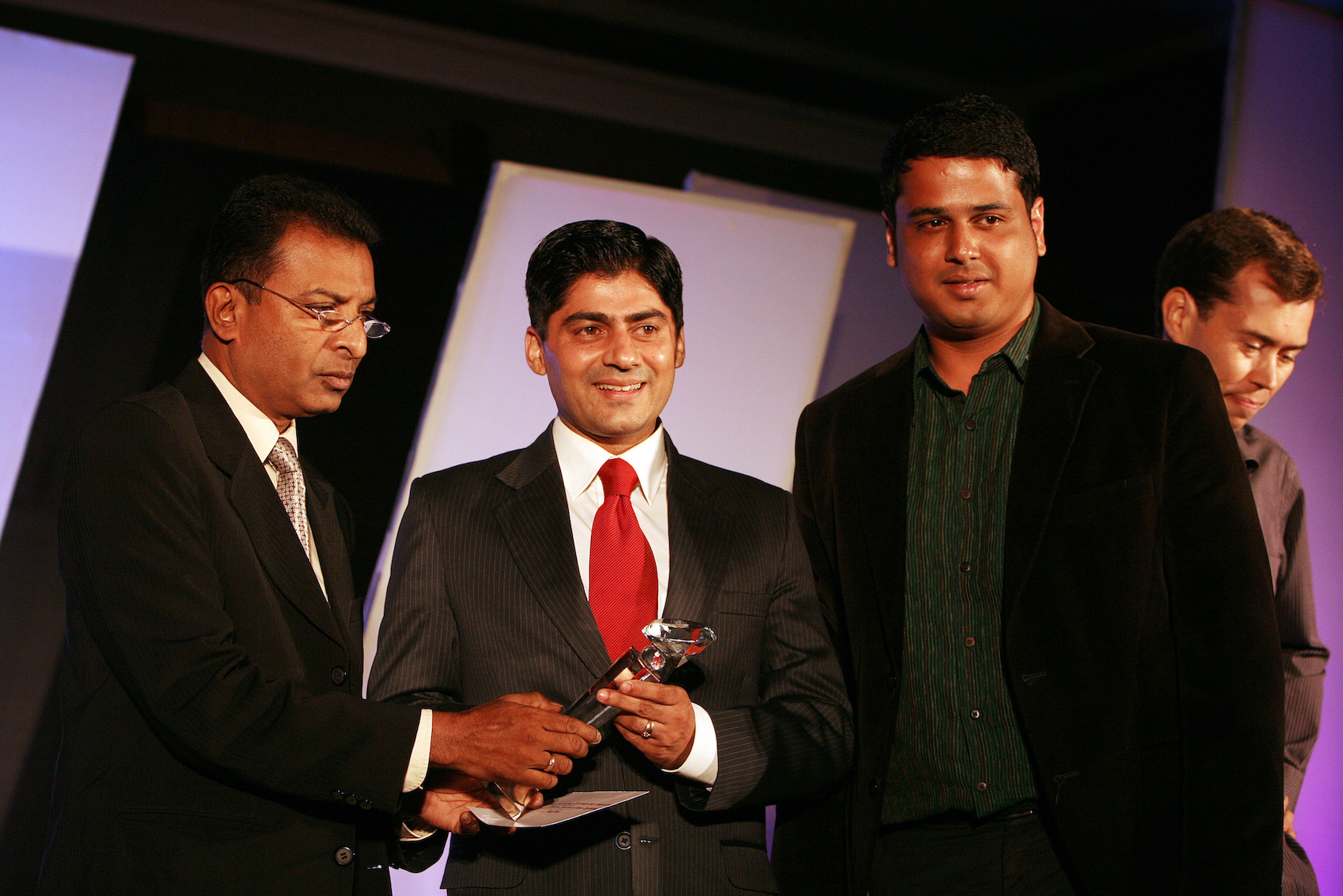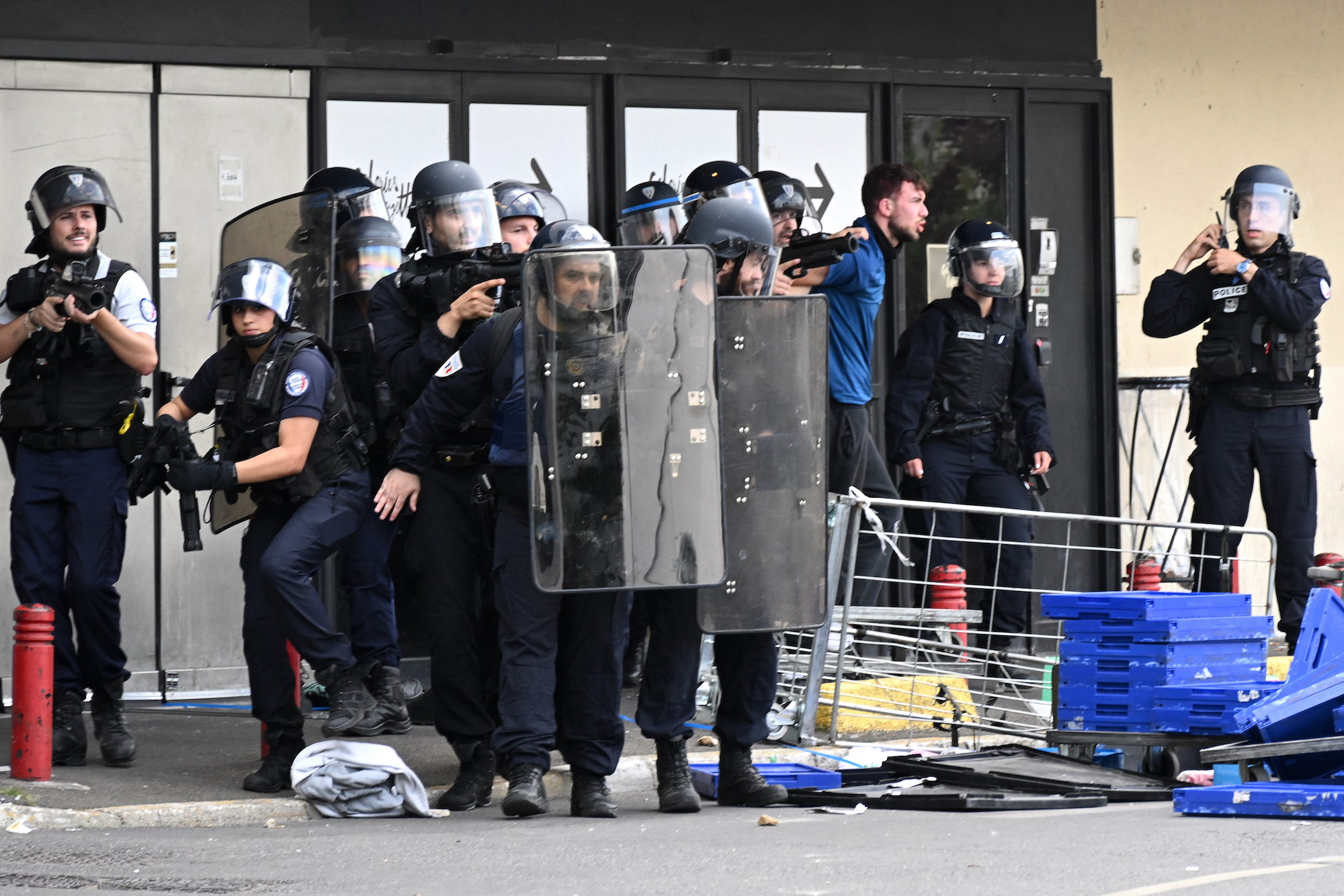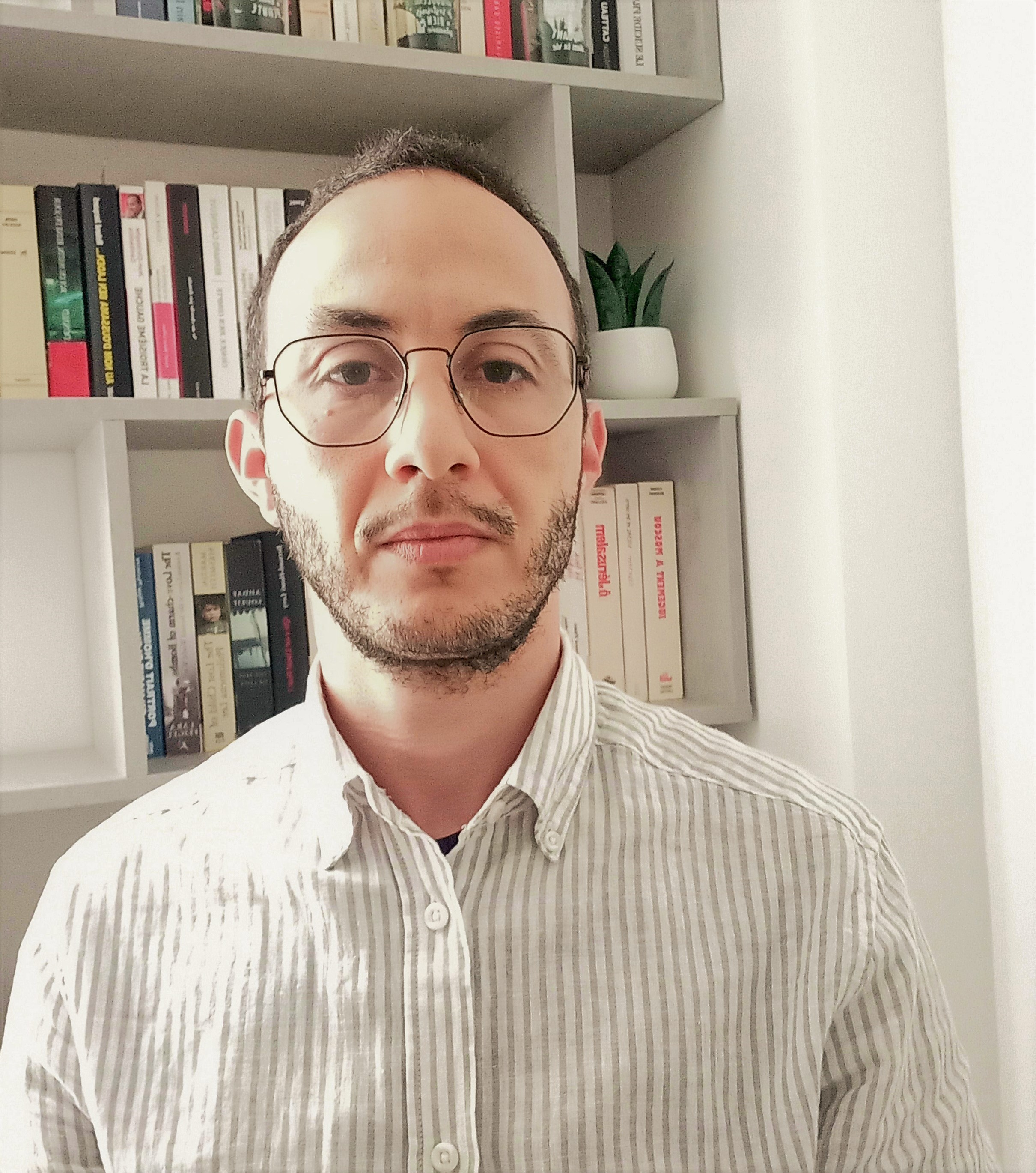A succession of diplomatic events has realigned Latin America in solidarity with the Palestinian people: Colombia, Chile, Bolivia, and Honduras have decided to take action to demonstrate their condemnation of Israel by recalling their ambassadors or, as Bolivia has done, breaking off relations. Brazil, which is negotiating the evacuation of its citizens stranded in Gaza, is keeping its ambassador in place and has stopped short of calling the Israeli operation in Gaza "genocide."
While these rulers made their clear condemnation statements, Israel's diplomacy acted to guide the media discourse. In São Paulo, Consul General Rafael Erdreich held a briefing for journalists, sharing footage also shown by Israeli government representatives at international press conferences around the world (New Delhi, Beijing, Paris, and at special Israel Defense Forces (IDF) sessions in Tel Aviv and New York). The same invitation was made by the Israeli Embassy in Brasilia to a group of parliamentarians later. When calling on the press, the invitation letter emphasised that the images of Hamas attacks on Israel were "strong and extremely sensitive, exposing uncensored scenes of brutal killing with cruelty".
This media strategy succeeded in bringing the conflict to the forefront of national news after weeks of continuous attacks on Gaza. By this time, the Palestinian casualty count had reached 8,800, including 3,500 children. Erdreich drew parallels between Hamas and ISIS, emphasized Israel's plight and its right to self-defense, and questioned the accuracy of the reported casualty figures in Gaza.
In Colombia and Chile, media outlets underscored comments by Israeli Foreign Ministry spokesman Lior Haiat, who cautioned these nations against aligning with Venezuela and Iran—countries that have severed ties with Israel and faced sanctions from the United States. Regarding Bolivia, Haiat criticized its government for siding "with Hamas," which he described as a “terrorist organization responsible for the massacre of more than 1,400 Israelis and kidnapping of 240 people, including children, women, babies, and the elderly," turning his attention back to October 7.
For the Israelis, "the Bolivian government's decision to break diplomatic ties with Israel is a capitulation to terrorism and to the regime of the Ayatollahs of Iran.". He also claimed that there are several hostages from Latin America kidnapped by Hamas.
A media landscape formed under US influence
The gravity of the siege and bombardment of Gaza has made it impossible for the Latin American press to turn a blind eye to the reality of the massacre of Palestinian civilians. But what the political leaders say is one thing, and the Latin American press's view of Israel and its main ally, the United States, which has long held a dominant voice in regional media, is quite another.
International journalism in Latin America was formed with the advent of the first Western telegraph news agencies, which, from 1948 onwards and during at least part of the Cold War, served to positively disseminate the image and interests of the United States and its allies in the region. Today's market-driven journalism on the continent still leans on these global networks, perpetuating Western-centric narratives.
Alexandre Barbosa, a researcher and author at the Centre for Latin American Studies on Communication and Culture at USP's School of Communications and Arts, highlighted this issue upon the release of his book "Por Uma Teoria Latino-Americana e Decolonial do Jornalismo" (Towards a Latin American and Decolonial Theory of Journalism). He argues that regional media have not fully embraced a Latin American identity and that North American and European parameters are what set the news agenda.
Support for the coups and dictatorships installed in Latin America by US interference from the 1960s onwards was another determining factor in shaping the press landscape, with major outlets like Chile's El Mercurio, Argentina's La Nación and Clarín, and Brazil's Rede Globo emerging as influential voices.
In addition to the historical background and the political and financial ties that guide the conservative editorial line of the Latin American media, it is not immune to the societal divisions and political affiliations that shape its content. The rise of the right and the far-right has fostered ideological groups with strong ties to Israel, often through Pentecostal evangelical churches and their media networks. This has led to the emergence of far-right political figures like Brazil's former president, Jair Bolsonaro, and Argentina's newly elected president, Javier Milei. These dynamics have also spurred organized social media movements that link criticism of Israel to alleged support for terrorism by progressive or left-wing governments.
Media Alignment with Israel
The language used in media coverage often reflects Israeli narratives. Colombian President Gustavo Petro faced sharp criticism for describing the denial of food, water, and electricity to Gaza as being reminiscent of Nazi practices. The newspaper El Tiempo even analysed 100 of the president’s social media engagements (likes, posts, and reposts on the X platform) about the attacks on Gaza. This scrutiny was echoed in the United States, with the Los Angeles Times suggesting that Petro's numerous posts on the subject were an attempt to boost his waning popularity.
In Brazil, journalist João Dias, on the Intercept website, criticized the local media for aligning with Israel's extermination discourse and for suggesting a link between President Luiz Inácio Lula da Silva's Workers' Party and Hamas "to fabricate a terrorism link."
Rede Globo, Brazil's major media network, consistently labels Hamas as a terrorist organization and questions the credibility of Palestinian reports and information, while not always applying the same scrutiny to information from the IDF.
The term "Israel-Hamas war" has become commonplace in the media, which reduces the scope to a binary clash overshadowing the broader and longer-standing issues and suffering of the entire Palestinian people under Israel’s occupation before the current escalation. Previous deadly attacks on Gaza and the regular Israeli aggressions and illegal and violent advances on Palestinian land and property often take a backseat in media reports.
These concerns were formally presented by the Front in Defence of the Palestinian People in Brazil to the National Human Rights Council (CNDH) at the Commission for the Right to Communication meeting on November 1, highlighting the perceived imbalance and the unequal access to information in the coverage of the conflict and the broader issue of communication rights.
The Council acknowledged these concerns, passing a resolution on 10 November, particularly the risks faced by journalists in Palestine and the information blackout in Gaza. The media's role in amplifying a certain perspective, particularly those aligned with Israel's position, was also noted. Speaking to the CNDH Commission, journalist Mansur Awwad raised the question of why the plight of Palestinian prisoners' families, affected by the conflict, receives less attention.
The protests about the war in Gaza and solidarity with Palestine, widely shared on social media, receive scant coverage in the regional press. Often, these expressions of indignation are misinterpreted or dismissed as anti-Semitism.
Brazil's Observatório da Imprensa shifted its focus from media analysis to the UN's ineffectiveness in halting the Gaza conflict or securing a humanitarian pause. The editorial raised concerns that the demonstrations against the intense bombardment of the northern Gaza Strip are ‘taking on the appearance of anti-Semitism” and are inadvertently aiding “the aggressor Hamas” in garnering sympathy and tarnishing Israel's image.
O Estado de S. Paulo, another prominent newspaper, echoed similar concerns, highlighting the rise of both anti-Semitism and Islamophobia in the context of the Gaza war.
Amidst these complex narratives and the difficulty of dealing with Palestinian genocide and ethnic cleansing, a poignant piece by José Adan in Guatemala's El Heraldo stands out. Titled "The Tragedy Named After a Child in Gaza" focuses on a child who writes his name on his skin to ensure identification in case he gets killed. Castelar poignantly notes, “Gaza, long known as a simmering volcano, has been neglected by the world. Now, as it erupts, scorching everything in its path, the world is powerless to stop it. Meanwhile, Palestinian children, facing very real monsters, continue to inscribe their identities onto their skin.”






























![A demonstration against Israel's war on Gaza on Paulista Avenue in São Paulo on November 4, 2023, draws attention to the deaths of children while the media focuses on the war against terrorists. [Photo: Lina Bakr]](/sites/default/files/ajr/2024/Picture1.png)

